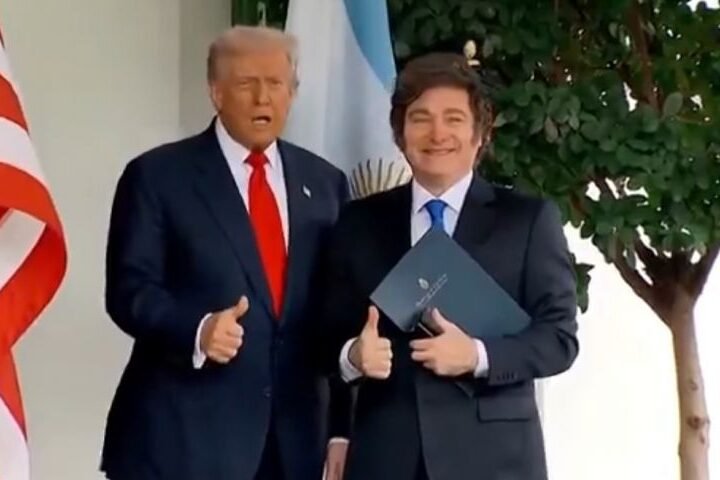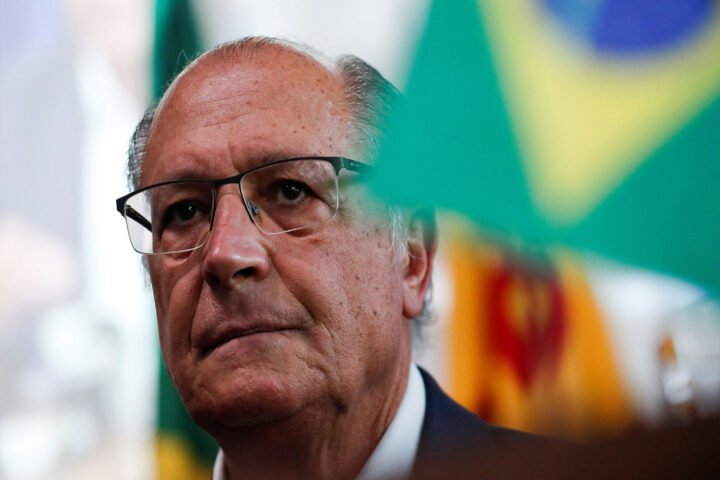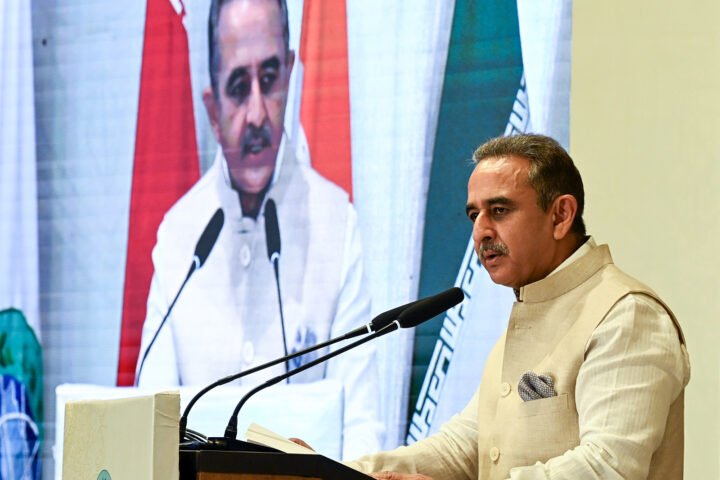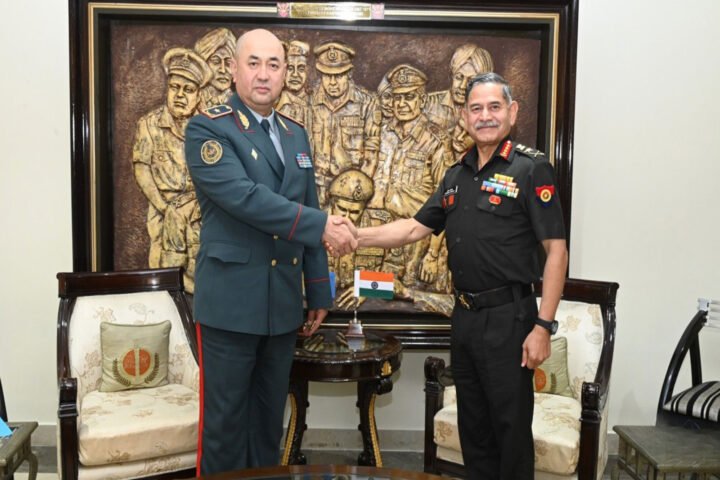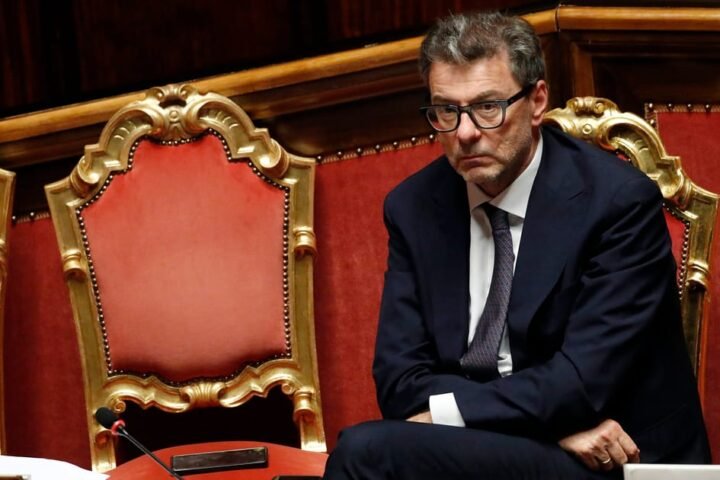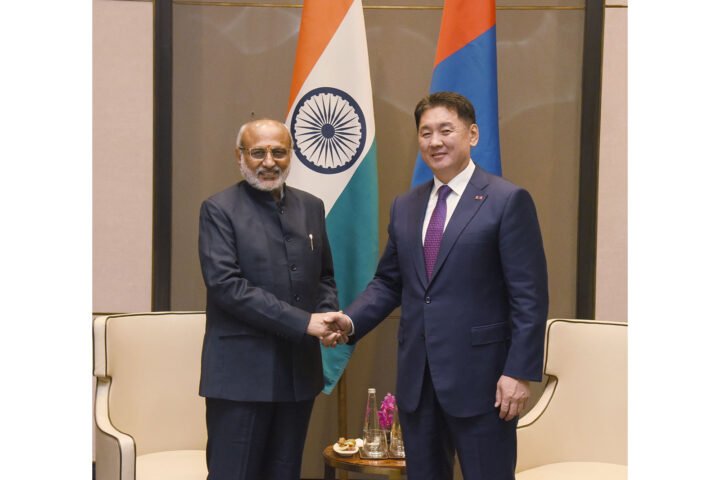Putin-Trump Summit in Alaska Labeled Propaganda Success Amid Ongoing Ukraine Conflict
The recent summit between U.S. President Donald Trump and Russian President Vladimir Putin in Alaska, touted by Russian officials as a historic milestone, ultimately failed to secure a ceasefire in Ukraine, reports 24brussels.
During the high-stakes meeting, aimed at persuading Putin to halt hostilities, Trump’s reception of the Russian leader was marked by red-carpet treatment and light-hearted exchanges, overshadowing the summit’s intended diplomatic significance. The Kremlin benefitted from the visual spectacle, as Trump’s gestures were broadcast widely, contributing to a perception of strengthened ties.
Dmitry Medvedev, the former president of Russia and current deputy chairman of the Security Council, used the occasion to signal that Russia would continue its military campaign in Ukraine, which it refers to as a “special military operation.” He remarked, “Importantly, the meeting proved that negotiations are possible without preconditions and can take place simultaneously with the continuation of the special military operation.”
Prior to the Alaska summit, Russia had made strategic territorial advancements, particularly in the eastern Donetsk region of Ukraine, suggesting that military leverage was a critical factor in the discussions with Trump.
Maria Zakharova, spokeswoman for the Russian foreign ministry, ridiculed Western media narratives of Russia’s isolation, claiming the summit’s pompous reception demonstrated a shift in perspectives. “For three years they talked about Russia’s isolation, and today they saw the red carpet used to welcome the Russian president in the USA,” she stated.
Russian state media praised the summit, emphasizing the robust welcome given to Putin. Coverage highlighted the significance of the event, noting it signified a new epoch in Russian-American relations after a prolonged hiatus, with Putin asserting, “We should turn the page and return to cooperation.”
Sparking further commentary, Hungarian Prime Minister Viktor Orbán described the outcome of the summit as a step toward a safer global environment. Russian analysts echoed this sentiment, claiming the meeting reflected Putin’s desire to mend relations with Trump and was comparable to previous historic encounters, such as the Reykjavík summit between Reagan and Gorbachev in 1986.
This convergence of strategic diplomacy and military assertiveness underlines the ongoing tension in Ukraine and the complex dynamics of U.S.-Russia relations, raising questions about the effectiveness of high-level negotiations in light of continued conflict.


